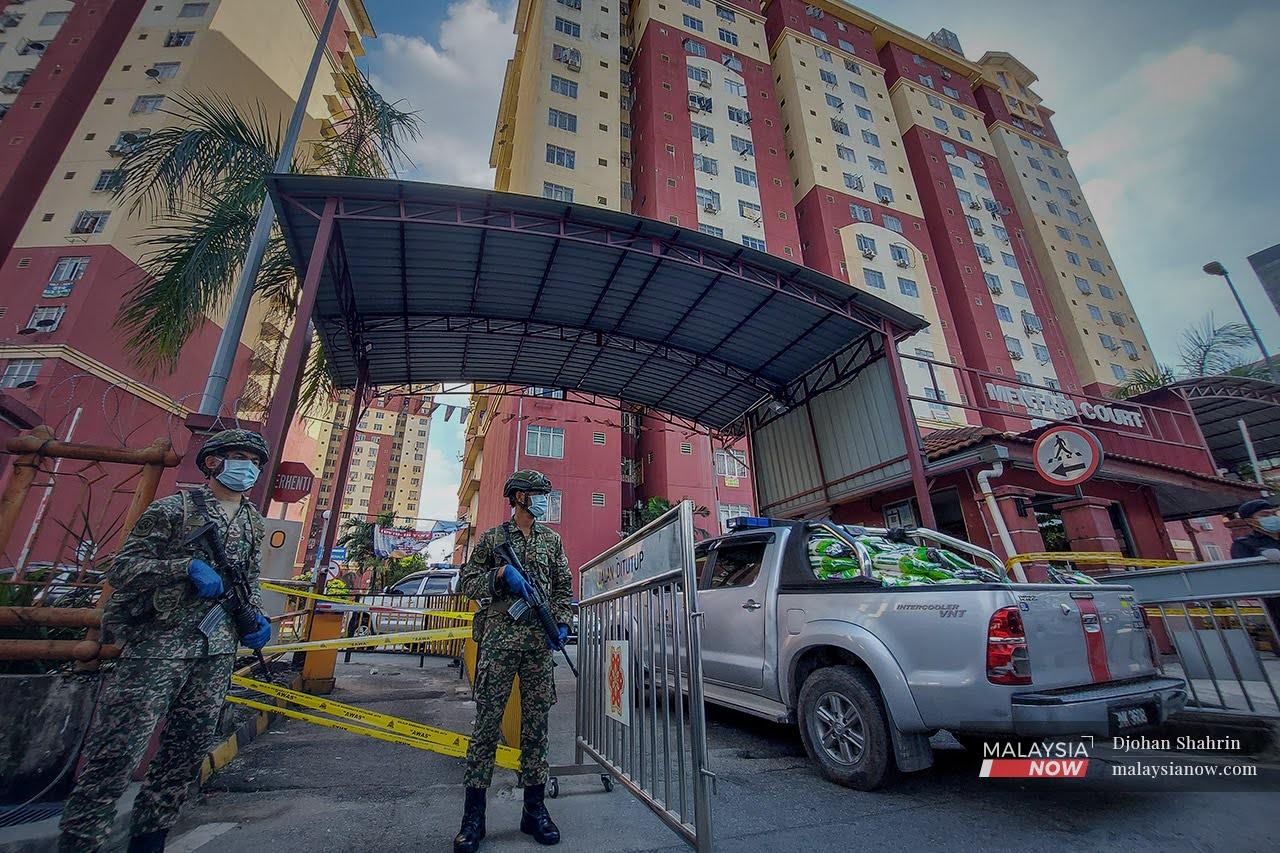Malaysia far behind on road back to normalcy, study finds as EMCO looms in Selangor, KL
Some countries appear to be returning to pre-Covid life more quickly even amid a surge of infections.
Just In
A global index devised by The Economist has placed Malaysia at the bottom of a list of the 50 largest economies in the world in terms of getting back to pre-pandemic normalcy, as a major part of the country prepares for fresh restrictions under enhanced movement control order (EMCO).
While a return to pre-pandemic activities may not necessarily reflect a country’s success in containing Covid-19, the index serves to show how far the world has travelled from the unprecedented restrictions imposed globally when the virus was first detected in late 2019.
The index looks at three broad categories of transport, recreation and retail.
It covers eight indicators comprising the amount of time spent out of the home, retail, office use, public transport, road traffic, flights, cinema and sports attendance.
The index, which is updated weekly, shows Malaysia scoring 27.3 with many daily activities still far from pre-pandemic norms.
The activities in Malaysia which come the closest to pre-pandemic normalcy appear to be venturing out of the home, the use of office and retail activities.
Meanwhile public transport and traffic congestion are still far from what they were before March 2020, while travelling by air, going to the cinema and attending sporting events have yet to recover.
At the top of the list are New Zealand and Hong Kong, while much of the Western world is inching back to normalcy.
Next come developing countries such as Pakistan and Nigeria.
Globally, traffic congestion and time spent outside the home have recovered more quickly than other indicators.
The Economist said this could be because governments around the world had found it difficult to keep people indoors.
“Although many governments have required people to stay at home, such rules are hard to enforce. Last April, even though half of the world’s population was subject to such orders, the global average of time spent outside homes fell by only 15%,” The Economist said.
“Compliance rates appear similarly low today: around 14% of people are not allowed to venture out, yet time not at home is just 5% below the baseline of 2019.”
It said the rate of return to normalcy could also be due to factors unrelated to Covid-19.
“In general, Asian countries have been less normal than you would expect. Counterintuitively, behaviour has changed more in places with robust civil liberties than in otherwise similar but less free countries.
“This would make sense if people in such places are unusually likely to trust their leaders, or if they feel more invested in fellow citizens’ well-being. And richer countries, where lots of people can work from home, are more abnormal than poorer ones,” it said.
The index also shows that some countries which are experiencing more devastating waves of Covid-19 infections have a normalcy rate higher than that of others with a less intense virus surge.
For example, Indonesia (2.2 million cases so far and close to 60,000 deaths) and the Philippines (1.4 million cases and about 25,000 deaths) are closer to pre-pandemic normalcy than Malaysia, which as of yesterday had 758,967 confirmed cases and 5,254 deaths.
The index also tracks the rate of countries moving away from normalcy, with South Africa placed at the top due to new restrictions over a surge of infections.
Meanwhile, new restrictions are set to kick in tomorrow for millions of people in Selangor and Kuala Lumpur who have been told to stay at home with further curbs on their activities under the EMCO.
At least for the next two weeks, the move is expected to further slow down a return to pre-pandemic normalcy.
Subscribe to our newsletter
To be updated with all the latest news and analyses daily.
